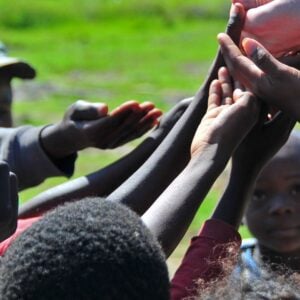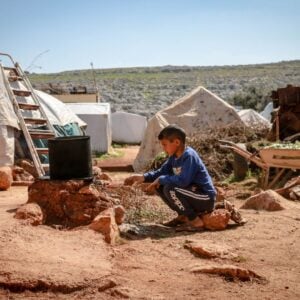Haiti is facing an escalating humanitarian crisis as gang violence in the capital, Port-au-Prince, continues to block aid access and drive families deeper into hunger, according to the UN World Food Programme (WFP). Funding shortfalls are compounding the crisis, forcing the WFP to slash food rations and suspend hot meals for newly displaced families.
Armed groups now control nearly 90% of Port-au-Prince, pushing up food prices and limiting farmers’ access to markets. Since January 2022, over 16,000 people have been killed, about 7,000 injured, and 1.3 million people, more than half children, have been forced to flee their homes. Violence is also spreading to nearby regions, increasing risks of arms trafficking, drug smuggling, and child exploitation.
WFP Director in Haiti, Wanja Kaaria, called for urgent support: “Today, more than half of all Haitians don’t have enough to eat. With current funding, WFP and partners are struggling to keep starvation at bay for thousands of the most vulnerable.” The agency requires $139 million to sustain lifesaving operations over the next 12 months.
UN human rights chief Volker Türk warned that State-backed security forces have contributed to killings and injuries, including the use of explosive drones, which have killed at least 559 people as of mid-September.
In response, the UN Security Council authorized a new Gang Suppression Force (GSF) of over 5,000 personnel to neutralize gangs and protect civilians. However, details on financing and troop contributions are still pending.
Despite challenges, the WFP has reached over two million people since January 2022, continuing school meals and emergency aid, but the crisis remains dire, with millions in urgent need of food and protection.







